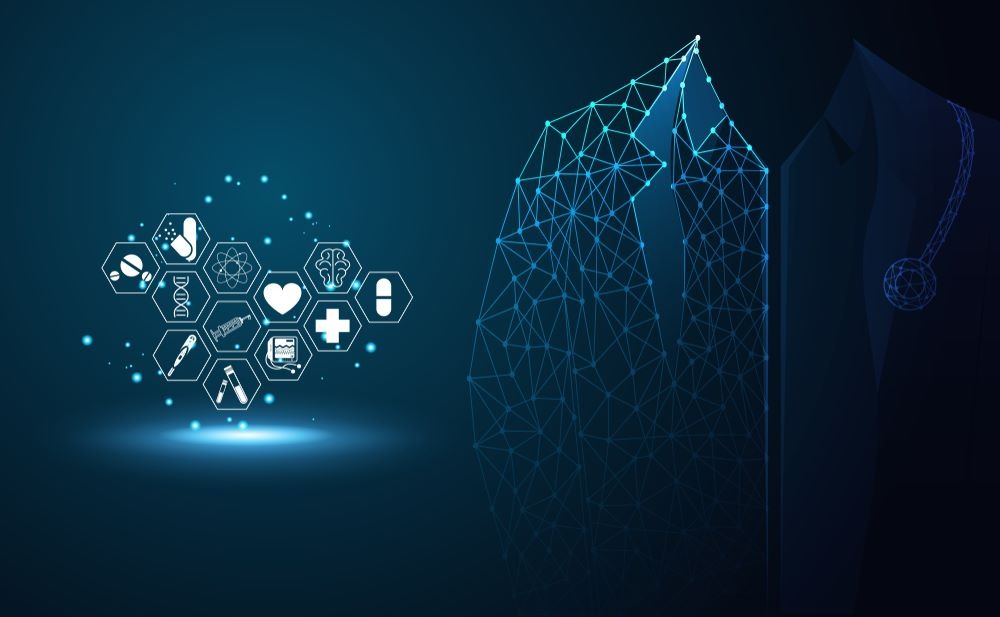
In the first, One of the most significant opportunities for data science in healthcare is in the area of personalized medicine.
Data science has been transforming healthcare in recent years, enabling healthcare providers and researchers to analyze vast amounts of data to improve patient outcomes, develop new treatments, and drive innovation.
In this blog, we will explore some of the key opportunities and challenges that data science presents for healthcare in 2023.
Opportunities
Therefore, By analyzing data on patient genetics, medical history, and other factors, healthcare providers can develop personalized treatment plans that are tailored to the individual needs of each patient.
In addition, This approach can lead to improved patient outcomes, reduced healthcare costs, and greater efficiency in healthcare delivery.
Another opportunity for data science in healthcare is in the area of predictive analytics.
By analyzing data on patient health and behaviour, healthcare providers can develop predictive models that can help identify patients who are at high risk of developing certain conditions or complications.
However, This can enable early intervention and preventative measures to be taken, potentially saving lives and reducing healthcare costs.
Data science is also driving innovation in healthcare through the development of new technologies and treatments.
For example, data science is being used to develop new medical devices that can improve patient outcomes, such as wearable health monitors and remote patient monitoring systems.
Moreover, Data science is also being used to develop new treatments and drugs, including personalized cancer therapies and treatments for rare diseases.
Challenges
Despite the many opportunities presented by data science in healthcare, there are also significant challenges that must be addressed in order to fully realize its potential.
In Data science in healthcare: One of the biggest challenges is the need for data security and privacy.
Healthcare data is highly sensitive and must be protected from unauthorized access and use. This requires robust security measures and strict data governance policies to ensure that patient data is used only for its intended purposes.
Indeed, another challenge is the need for interoperability and standardization of healthcare data.
Healthcare data is often siloed within different systems and organizations, making it difficult to share and analyse.
In order to fully leverage the power of data science in healthcare, there is a need for greater standardization and interoperability of healthcare data across different systems and organizations.
Finally, there is a need for greater investment in data science research and development in healthcare.
While there has been significant progress in recent years, there is still much work to be done in order to fully leverage the power of data science to improve patient outcomes and drive innovation in healthcare.
Definitely, One of the major benefits of data science in healthcare is its ability to improve patient outcomes.
By analyzing data on patient health and behavior, healthcare providers can develop more accurate diagnoses and treatment plans, reducing the risk of complications and improving patient outcomes.
In spite of, This approach can also lead to reduced healthcare costs, as patients receive the most appropriate and effective treatments for their conditions.
Data science is also driving innovation in healthcare through the development of new technologies and treatments.
For example, data science is being used to develop new medical devices that can improve patient outcomes, such as wearable health monitors and remote patient monitoring systems.
Data science in healthcare is also being used to develop new treatments and drugs, including personalized cancer therapies and treatments for rare diseases.
Another important application of data science in healthcare is in the area of population health management.
By analyzing data on patient health and behavior at a population level, healthcare providers can identify patterns and trends that can help inform public health policy and preventative measures.
This approach can lead to improved health outcomes for entire populations, as well as reduced healthcare costs associated with preventable conditions.
However, there are also significant challenges that must be addressed in order to fully leverage the power of data science in healthcare. One of the biggest challenges is the need for data security and privacy.
Healthcare data is highly sensitive and must be protected from unauthorized access and use.
This requires robust security measures and strict data governance policies to ensure that patient data is used only for its intended purposes.
- Another challenge is the need for greater standardization and interoperability of healthcare data across different systems and organizations.
- Healthcare data is often siloed within different systems and organizations, making it difficult to share and analyze.
- In order to fully leverage the power of data science in healthcare, there is a need for greater standardization and interoperability of healthcare data across different systems and organizations.
Finally, there is a need for greater investment in data science research and development in healthcare.
While there has been significant progress in recent years, there is still much work to be done in order to fully leverage the power of data science to improve patient outcomes and drive innovation in healthcare.
In conclusion, data science presents significant opportunities for healthcare in 2023 and beyond.
By analyzing vast amounts of data on patient health and behavior.
-
healthcare providers and researchers can develop personalized treatment plans, identify patients at high risk of developing certain conditions or complications, and drive innovation in medical devices and treatments.
However, there are also significant challenges that must be addressed, including data security and privacy, interoperability and standardization of healthcare data.
and the need for greater investment in data science research and development.
In the conclusion, As we look ahead to the future of healthcare, it is clear that data science will play an increasingly important role in improving patient outcomes and driving innovation in healthcare delivery.


